Borrowers in the United States owe a total of over $1 trillion to credit card companies. The average American owes $6,218. These are the factors influencing the rise in debts.
Inflation Affecting Most Americans

At this point in the year, most American families and individuals who do not fall into uber-wealthy categories are feeling the effects of inflation. Everything from housing prices to groceries to medical bills are higher than ever, and wages have largely remained stagnant.
Cost of Living Steadily Increases

In fact, there has not been an increase in the federal minimum wage since 2009. In that fifteen year period, the cost of living has increased significantly. According to the Federal Reserve Bank of Minneapolis’s online inflation calculator, $1 in 2009 is equivalent to $1.42 as of 2023.
Wages Remain Stagnant

As the cost of living increases but earnings do not, the potential for Americans to rely on credit cards for survival goes up. While some people use credit cards to fund frivolous purchases like vacations and designer apparel, others are leaning on their available credit for basic needs.
Credit Cards as a Crutch

Notably, people in the lowest income brackets are more likely to rely on credit cards to help with expenses like utilities, groceries, gas, and even rent. In just the last quarter of 2023, American consumers added a whopping $50 billion in credit card debt.
Holiday Rush
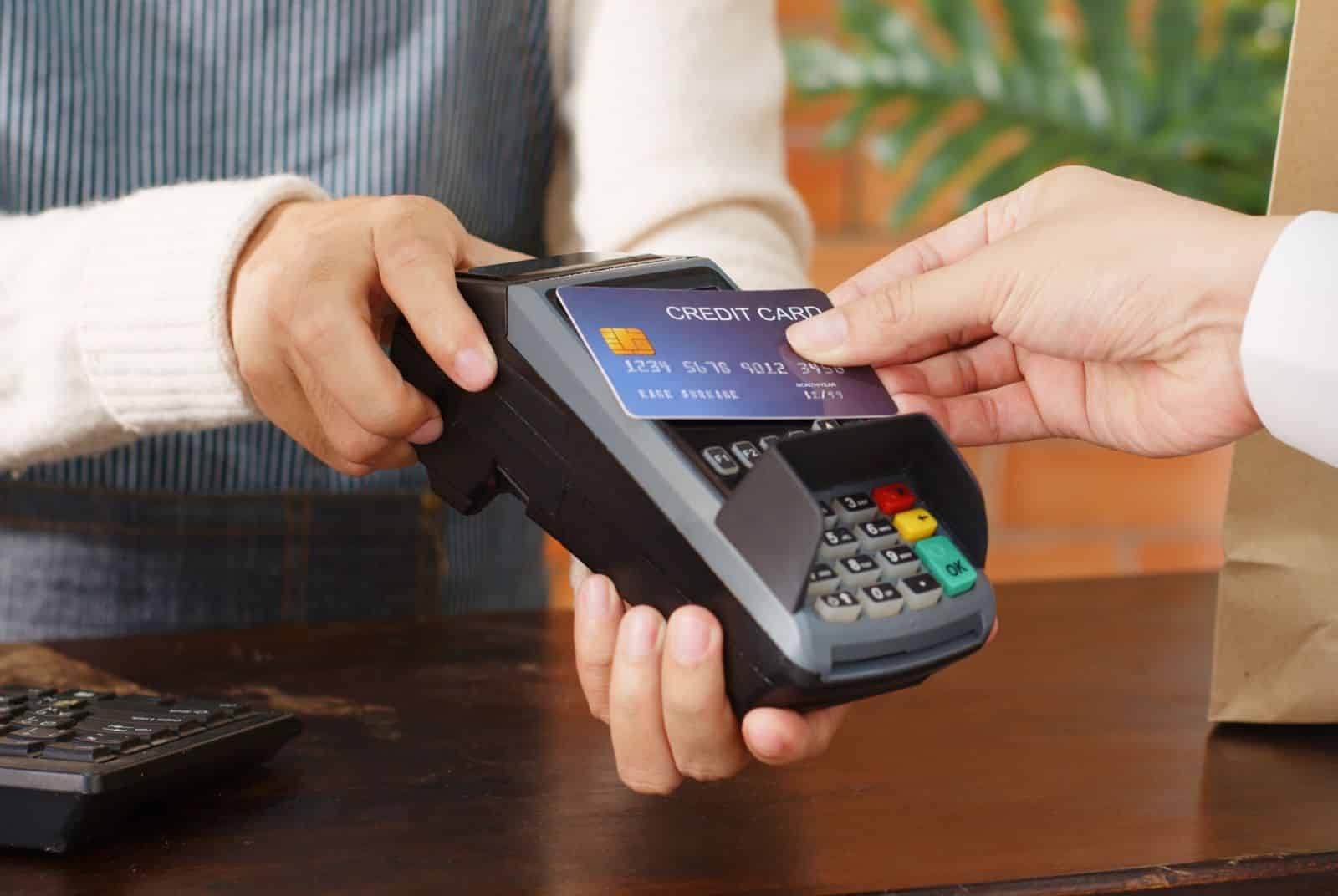
The timing is not a coincidence. Many families needed the buffer to get through the holidays and colder weather months. It’s not about living outside of their means, either.
Inflation at the Grocery Store

The same bag of groceries that costs $30 today was $20 in 2009, but the minimum wage earner buying those groceries still makes $7.25 per hour based on the federal minimum.
Sacrifices and Tough Calls

The necessities have not changed, so people are forced to make a decision between going without needs or taking on debt to cover them.
Pandemic-Era Assistance Halting
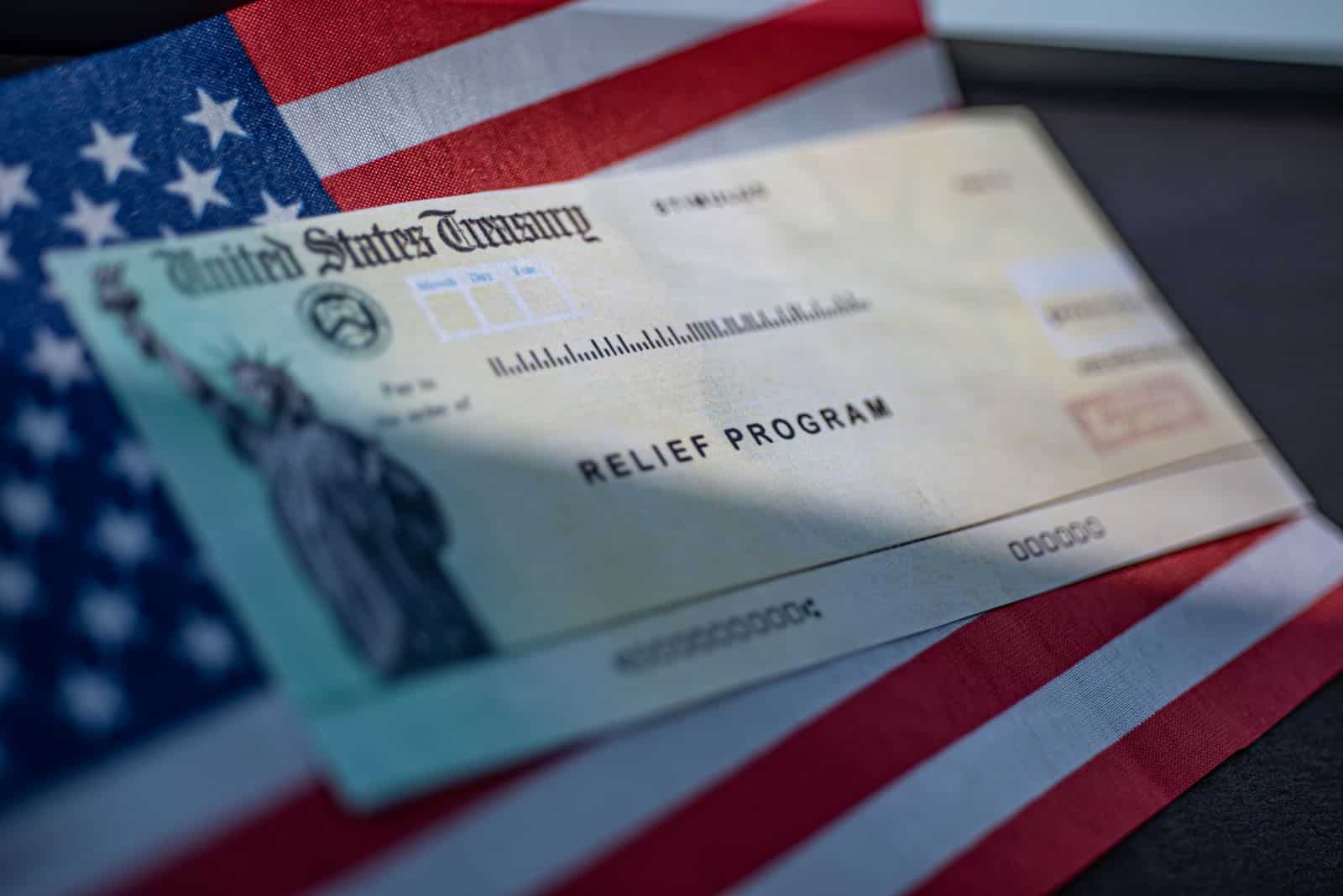
Another driving factor is the fact that during the pandemic, families whose income sources were impacted relied on government assistance programs to make ends meet. Now that those programs have ended, many people are struggling as they still feel the effects of the pandemic.
Rising Interest Rates
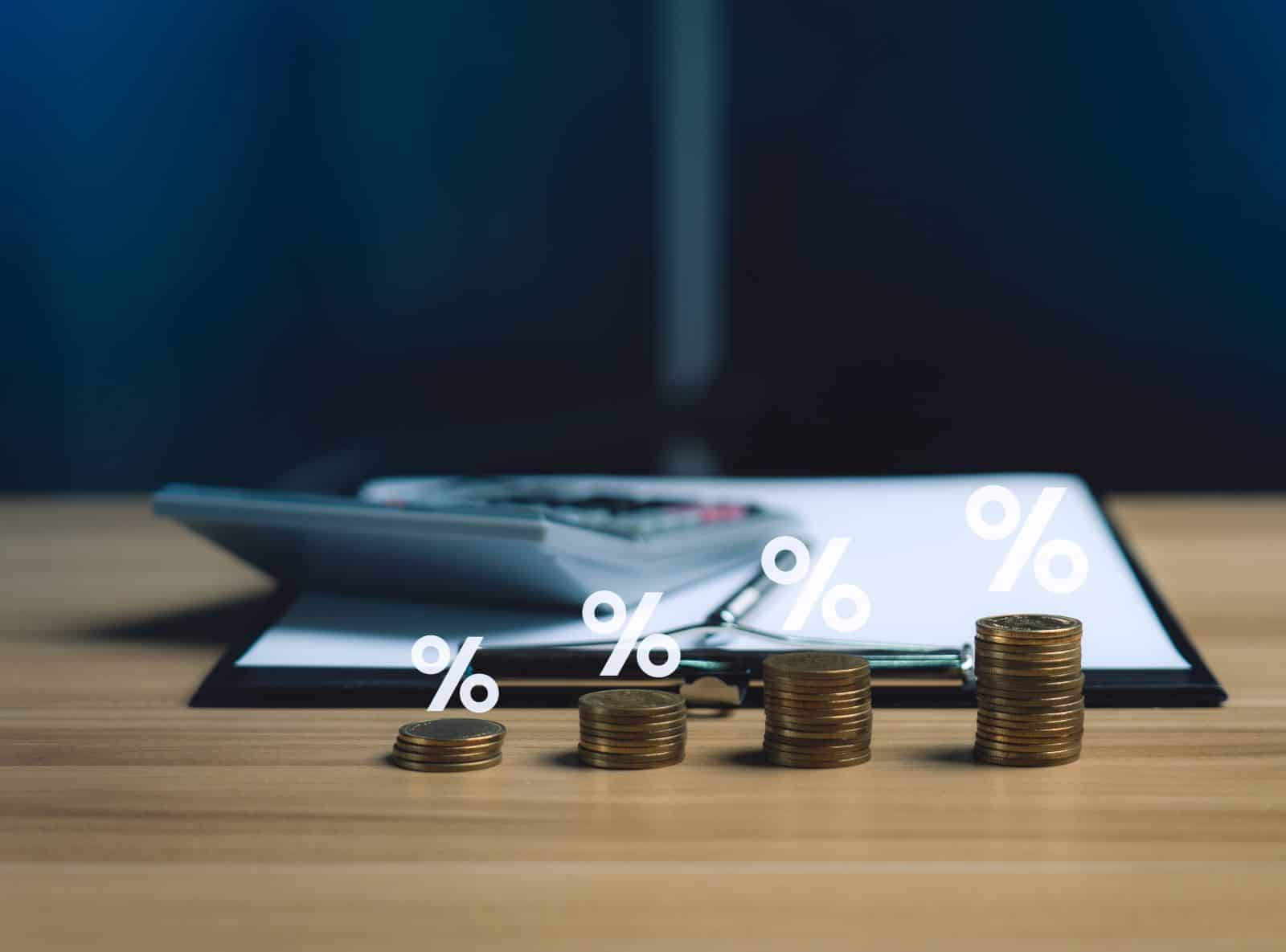
Because interest rates have also been steadily increasing, the cost of using credit cards is higher than ever. While the rates may have been manageable at the time the card was swiped, the payments may be an extreme burden now that rates have gone up.
Did the Pandemic Affect Americans’ View of Budgeting?

Some financial experts have suggested that the pandemic caused people to grow accustomed to a certain standard of living with wiggle room in the budget.
A Financial Buffer

Since extra expenses like vacations and restaurants weren’t coming out, some people enjoyed a bit of breathing room financially.
The Haves vs. the Have-Nots

But for the less fortunate, vacations and restaurants were never a part of the equation. The bigger issue has been the rising costs of living. Bills that cannot be cut from the budget have grown at an alarming rate.
Increased Cost of Utilities
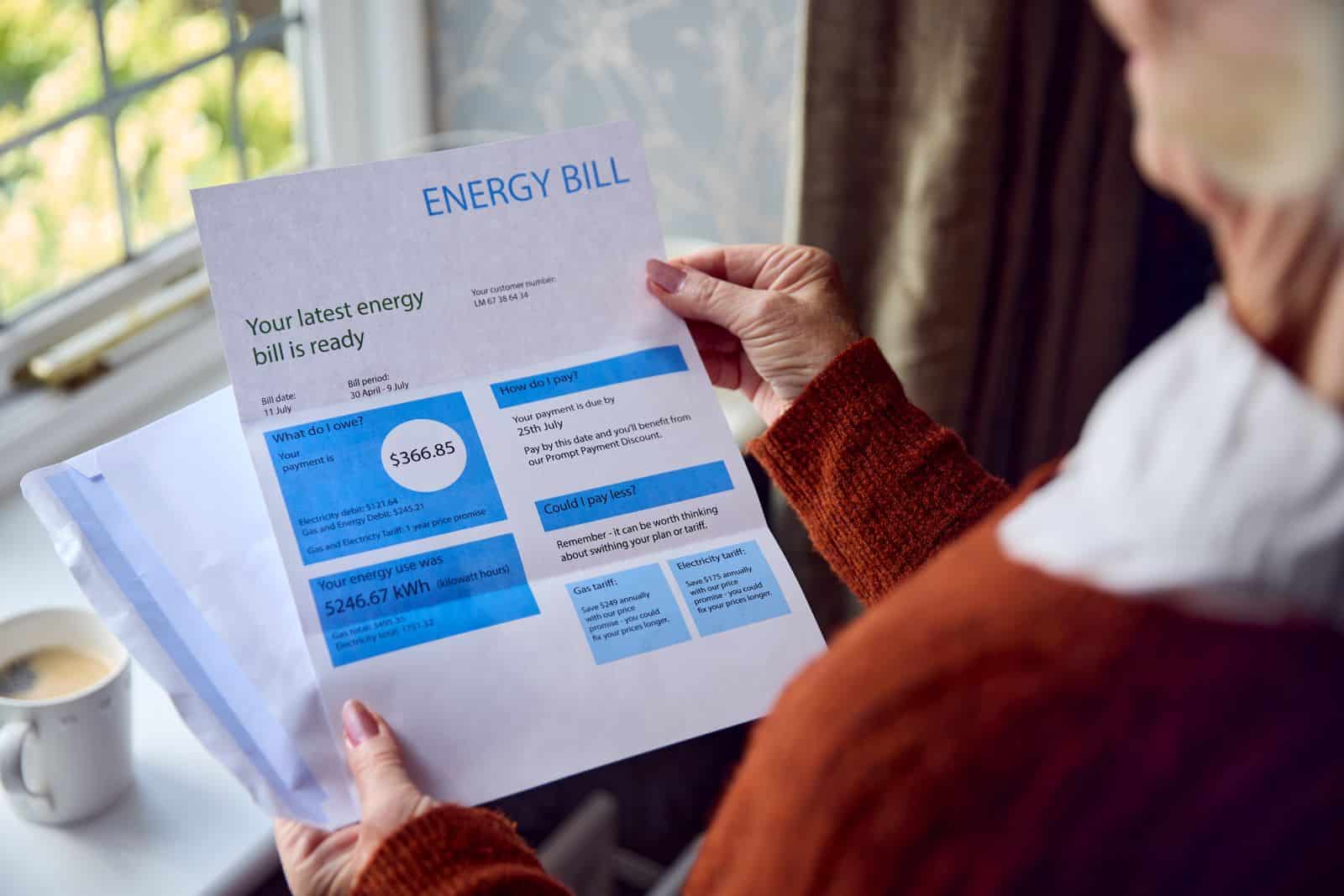
For example, electricity, water, and sewer utility rates have increased exponentially in almost every corner of the country. Those generally are unavoidable expenses, but have become seriously burdensome for a large portion of Americans.
The Credit Card Trap

Experts worry that the increased reliance on credit cards is digging a hole for consumers that won’t be easily escaped. The more you borrow, the more you’ll pay in interest, and as that compounds over time, it gets more and more difficult to pay it all off.
Rising Rates of Late Payments
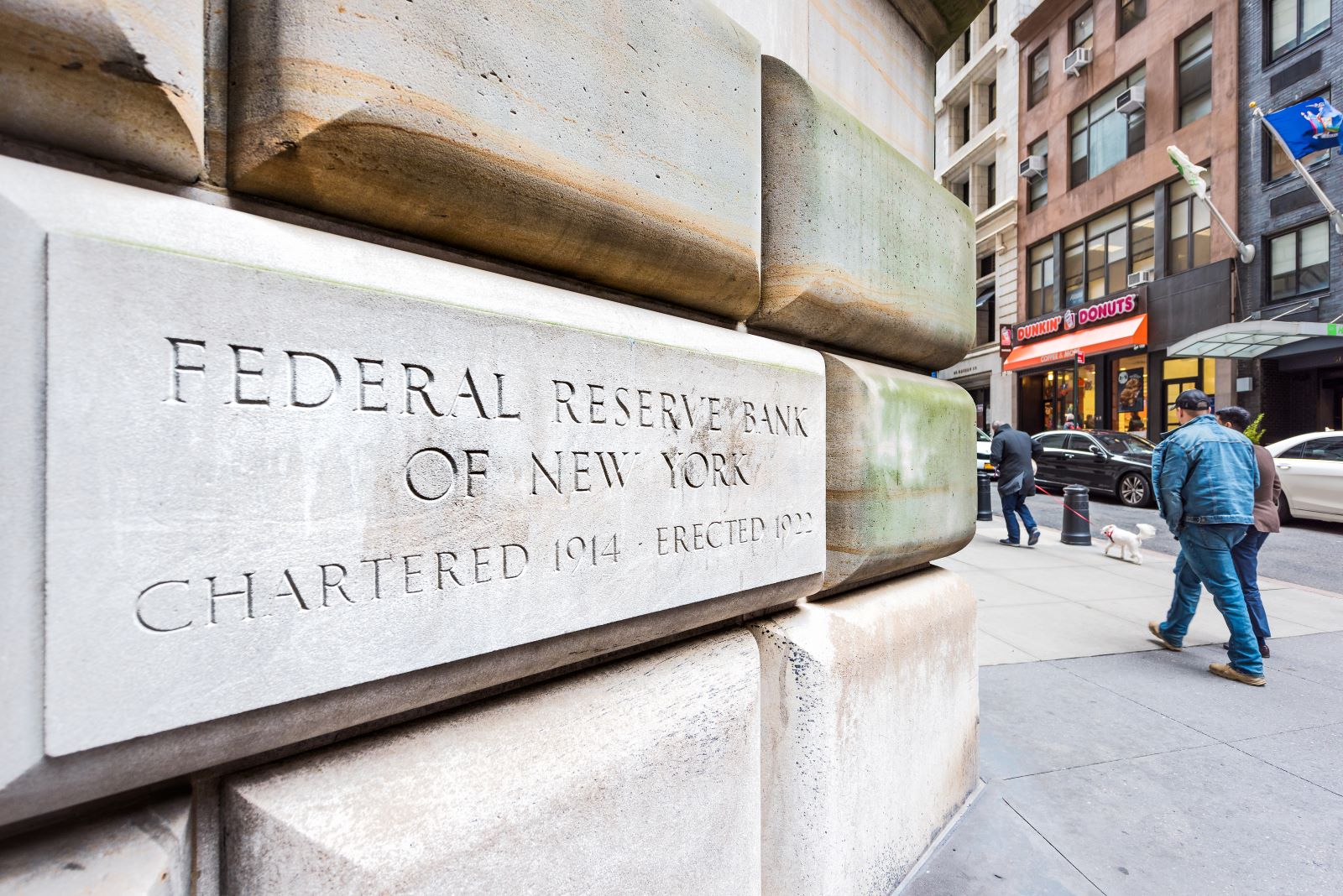
The New York Federal Reserve confirms that credit card payment delinquency is becoming a significant problem as more Americans fall behind.
To Pay or Not To Pay

As the aforementioned necessities like food and utilities continue to rise in price, people are forced to re-evaluate where they spend money set aside for credit card payments.
Late Payments Highest In Over a Decade

As a result, there are currently more credit cards with payments more than 90 days late than there have been in over a decade. Presumably, inflation combined with unchanged wages has contributed to this statistic.
The Dangers of Paying Late
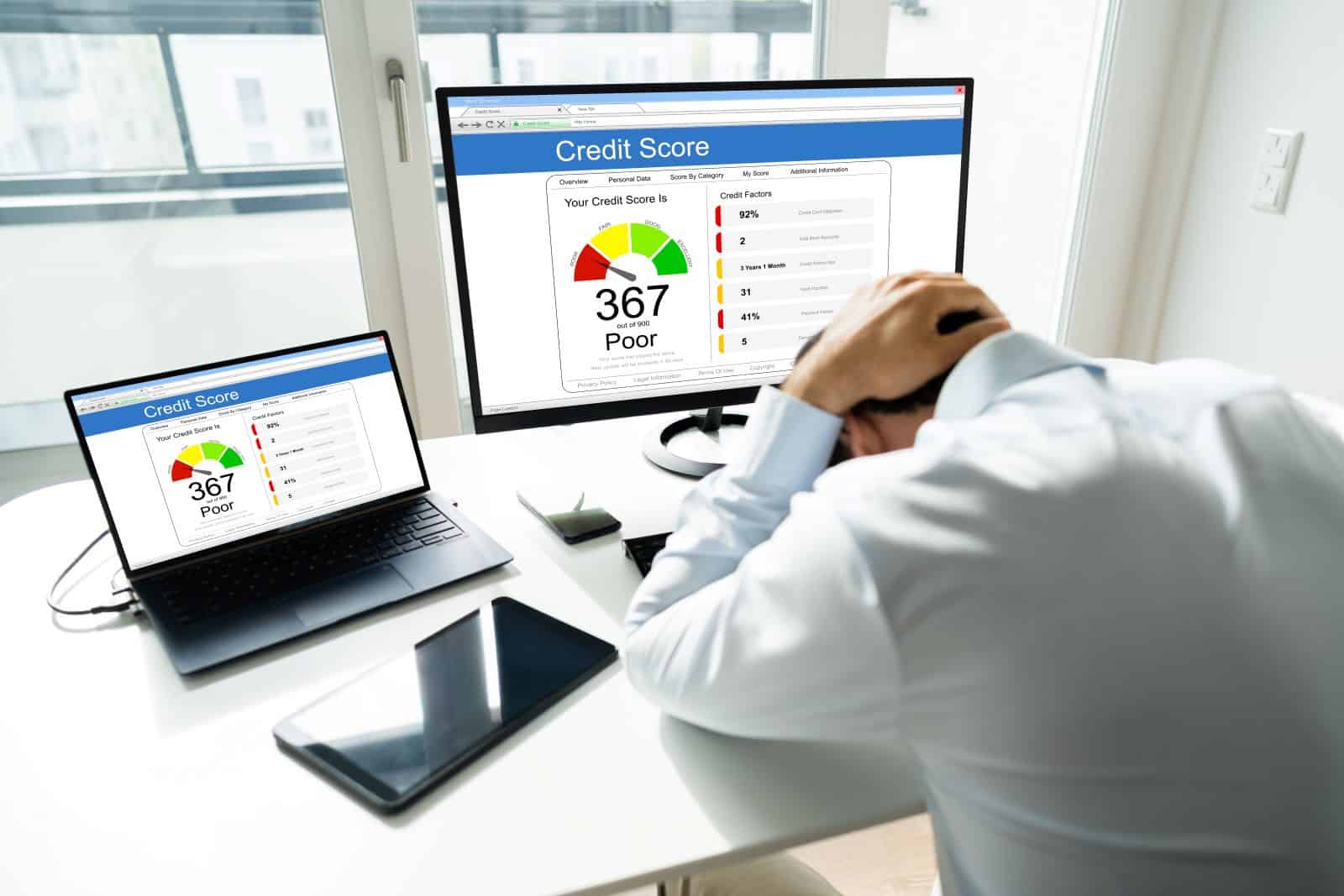
The issue continues to snowball. When credit card payments are missed, credit scores decrease. As lenders see your credit scores decrease, they can increase the interest rate on other cards, even if you haven’t missed any payments on those.
A Broken System

The system is ultimately designed in such a way that it is quite easy to get into debt, but very difficult to get out of it. Those struggling with unmanageable debt are urged to seek professional help to find ways to reduce it.
Budget Boss: 12 Tips for Managing Your Money Wisely

Embarking on a journey to master budgeting requires evidence-based strategies supported by research to manage your finances effectively and achieve your financial goals. Here are 12 research-backed tips, along with actionable steps to implement them, for mastering budgeting and maximizing your financial well-being. Budget Boss: 12 Tips for Managing Your Money Wisely
Ranking the Top and Bottom 24 U.S. Universities

Wondering which universities are the cream of the crop and which ones fall short of the mark? Today, we’re ranking the 24 best and worst universities in the United States to give you the inside scoop on higher education excellence and disappointment. Are you ready to uncover the highs and lows of academia? Ranking the Top and Bottom 24 U.S. Universities
The Path to Self-Discovery: 15 Steps to Finding Your True Self

Embarking on a journey of self-discovery goes beyond mere introspection; it requires actionable steps backed by research to uncover your authentic self. Here are 15 evidence-based strategies and practical steps to get started on each. The Path to Self-Discovery: 15 Steps to Finding Your True Self
18 Trending Jobs That Let You Travel While Working

Dreaming of turning your wanderlust into a way of life? Believe it or not, there are careers that not only allow but encourage you to explore the globe, dive into new cultures, and collect experiences instead of things. Here are 18 unconventional jobs that offer just that, with a bit more insight into each. 18 Trending Jobs That Let You Travel While Working
Grow Every Day: 14 Habits for Tangible Personal Progress

Ready to take your personal growth journey to the next level? Incorporating small, tangible practices into your daily routine can lead to significant positive changes in your life. From expressing gratitude to nurturing connections with loved ones, these 14 daily habits are designed to empower you to thrive and flourish. Let’s dive in and elevate your life one day at a time! Grow Every Day: 14 Habits for Tangible Personal Progress
The post Credit Card Crisis: How Inflation Is Forcing Americans to the Brink first appeared on Not Your Boss Babe.
Featured Image Credit: Shutterstock / fizkes.
The content of this article is for informational purposes only and does not constitute or replace professional financial advice.
For transparency, this content was partly developed with AI assistance and carefully curated by an experienced editor to be informative and ensure accuracy.





Leave a Reply